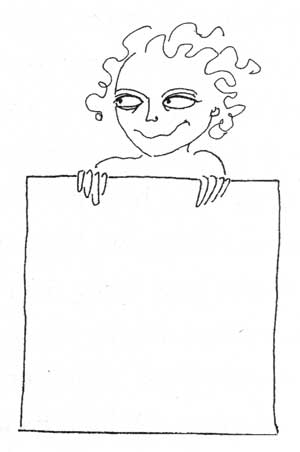“Suicide and the Drama of Self Consciousness”
Abstract: Since suicide became a medical, not an ethical problem in the West, it has been associated with pathology. The dubious statistic cited in the current literature is that over 90% of all people who kill themselves are mentally ill. But what is the self being killed in suicide? Despite research that hopes to uncover genes that predispose a person to suicide, the work remains highly speculative. Epigenetic investigations are more promising and, although a relation between gene expression and environmental stress can be established, a direct link to suicidal behavior remains illusive. Subjective phenomenal experience must be part of Suicidology. Drawing from William James, Merleau-Ponty, Søren Kierkegaard, contemporary phenomenology, and the neuroscience of self, I argue that suicide cannot occur before a child has developed the capacity for reflective self- consciousness, the ability to conceive of herself as an other in time—with a remembered past and an imagined future—and the social emotions that accompany this level of development, such as shame, guilt, and pride, and that the movement from pre-reflective to reflective self-consciousness is shaped by early attachment. Following Jean Améry, I argue that suicide is an act that addresses an other; is dialogical, can be rational, partakes of both conscious thoughts and intense feeling, which should not be lumped into one faculty as in emotion appraisal theory, a conflation that has guided the practice of CBT. What is crucial for a despairing person is not restructuring his reasoning but establishing a therapeutic alliance between self and other.
Suicidology Online: 2013 4: 105-113. Read the paper.
